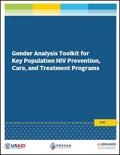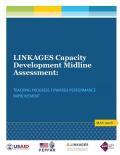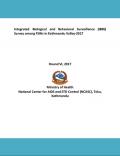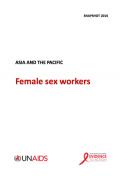Publications on Female Sex Workers (FSW)
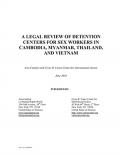
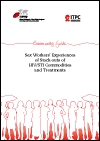
Sex workers experienced stock-outs of antiretroviral drugs for HIV in more than half of the countries that responded to the consultation, in all types of health care settings. Sex workers experience forced treatment interruptions and involuntary medication changes due to stock-outs, and are forced to travel long distances to access commodities and treatments due to stock-outs in their local areas. This ultimately leads to a lack of trust in health services and systems.
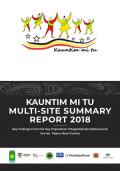
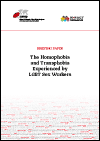
Lesbian, gay, bisexual and transgender (LGBT) people experience targeted homophobia and transphobia at every level – including legal, political and social. For sex workers who are LGBT, discrimination on the grounds of sexual orientation and gender identity adds to and intensifies the discrimination they experience as sex workers. This Briefing Paper written in collaboration with NSWP documents the stigma and discrimination experienced by LGBT sex workers and highlights differences in their experiences when compared with other members of their respective communities.
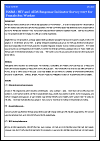
Despite the low HIV prevalence, a regular public health surveillance programme should be in place to closely monitor the situation of HIV infection among FSW. A similar integrated biobehavioural survey for FSW was therefore developed in 2013 by incorporating into the newly launched HIV/AIDS Response Indicator Survey (HARiS) programme. The HARiS was conducted via commissioning to the Stanley Ho Centre for Emerging Infectious Disease, School of Public Health and Primary Care of the Chinese University of Hong Kong.
